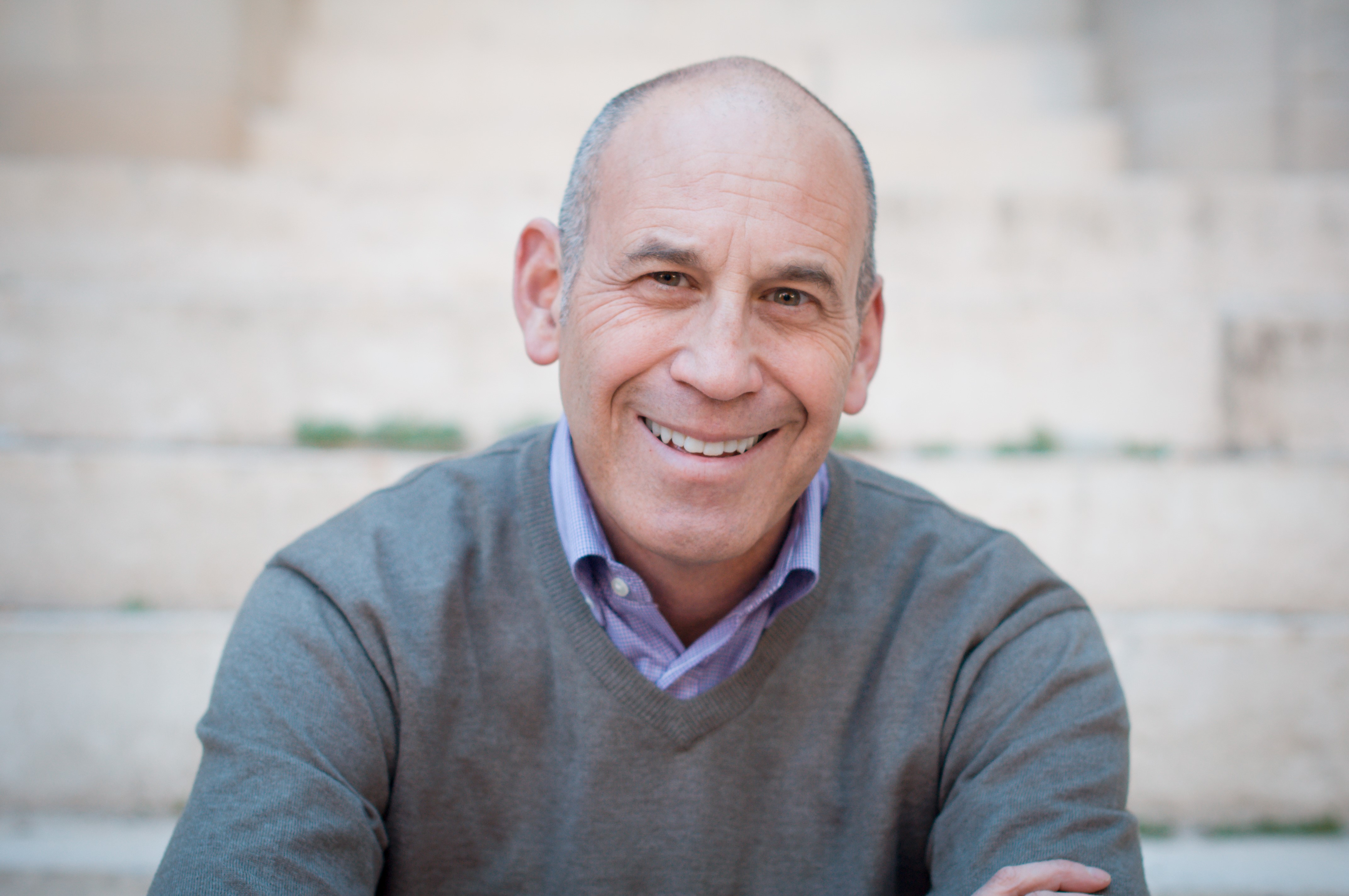This week’s Torah portion, Nitzavim, which is read on the Shabbat preceding Rosh HaShanah, is filled with images of awe, covenant, and an awareness of our place in the chain of generational continuity. The words of this portion so illuminate and magnify the High Holiday liturgy that they are heard again in Reform synagogues on Yom Kippur morning.
You stand this day, all of you — your tribal heads, your elders and your officials, all the men of Israel, your children, your wives, even the stranger within your camp, from woodchopper to water drawer—before God to enter into the covenant, which God is concluding with you this day, with its sanctions” (Deuteronomy 29:9-11).
Using “nitzavim,” rather than the usual verb meaning “to stand” - “omeid” – signals the intent of a deliberate action. Rabbi Cookie Olshein has pointed out that this usage appears as well in Genesis, when the angels come to Abraham’s tent, they are “nitzavim” before him, their visit has a purpose.
Moses’ speech in this parashah serves as a reminder that no one is exempt from hearing these words and commands and bearing responsibility for them across time. “I make this covenant, with its sanctions, not with you alone, but both with those who are standing here with us this day before God and with those who are not with us here this day” (Deuteronomy 29:13-14).
Later in the portion, the theme of the High Holidays is further articulated:
“See, I set before you this day life and prosperity, death, and adversity. For I command you this day, to love your God, to walk in God’s ways, and to keep God’s commandments, laws, and rules, that you may thrive and increase, and that God may bless you in the land that you are about to enter and possess… I call heaven and earth to witness against you this day: I have put before you life and death, blessing and curse. Choose life—if you and your offspring would live—by loving your God, heeding God’s commands, and holding fast to God. For thereby you shall have life and shall long endure upon the soil that God swore to your ancestors, Abraham, Isaac, and Jacob, to give to them" (Deuteronomy 15-16, 19-20).
Reading these words, I cannot help but think about my great grandmother Eva. She lived in Washington Heights, literally in the shadow of the George Washington Bridge. Her apartment was dark and rambling. In the front hallway stood a telephone table with a small blue and white charity box. Whenever we came to visit, she encouraged us to put coins in the box “for the country of Israel.’’
On the wall above the telephone table hung a ceramic plate with scenes of Jerusalem: the Dome of the Rock, the Western Wall, the Montefiore Windmill and inscribed the words: “Next year in Jerusalem.” As a young child, I always wondered if “next year” literally meant next year or some future time, perhaps when I reached the age of my great grandmother.
As she got older, she would spend a few months at a time at our house on Long Island and accompany us to High Holiday services. Sitting on her lap in the synagogue as a young child, I sensed her great faith, devotion, and sense of awe. I do not know how learned she was in the liturgy of the Yamim Noraim, Days of Awe, but she manifested an understanding of the High Holiday experience that transcended the literal meaning of the Hebrew prayers and songs.
For me and my family, the words “choose life” have real resonance. My ancestors made the fateful decision at the beginning of the 20th century to leave Eastern Europe and emigrate to the United States to improve their economic condition. If they had not stood up - nitzavim – and chose to leave their places of birth, I probably would not be here to share their story.
As I sat on Rosh HaShanah snuggled next to my great grandmother, who prayed with tears in her eyes and a heart filled with memories, neither of us could have imagined that I would be living in Jerusalem today and telling the story of the ceramic plate in her apartment inscribed with the words “Next Year in Jerusalem.” And to my five-year-old self wondering when that day would come, the answer is right now.

